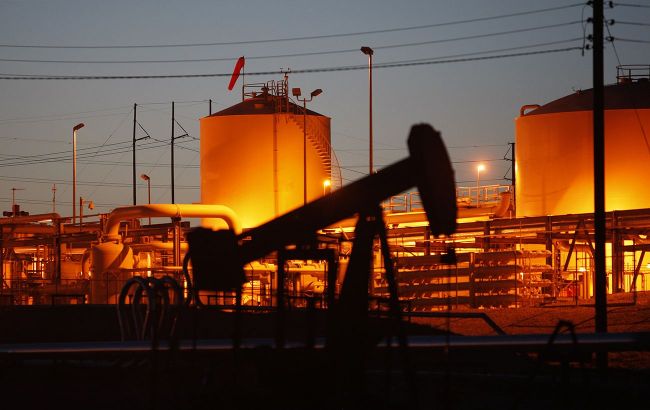Chinese refineries actively purchase Russian ESPO crude oil
 Chinese plants actively procure Russian oil from Siberia (photo: Getty Images)
Chinese plants actively procure Russian oil from Siberia (photo: Getty Images)
Chinese private oil refineries are reportedly purchasing Russian ESPO crude oil at a faster rate than usual due to ongoing pricing disputes with sellers from Iran, according to Bloomberg.
According to traders who requested anonymity due to the confidentiality of the information, cargoes for February deliveries - up to 3.8 million tons - were sold during the first two weeks of January. Russia has reduced prices for ESPO crude from Siberia, making trading more attractive for independent Chinese oil refineries.
These refineries, primarily located in the Shandong province, have been seeking the opportunity to purchase ESPO as, according to traders, Iranian sellers are holding higher procurement prices. They mentioned that although oil from the Persian Gulf remains one of the cheapest in the world, no deals are currently being made.
Chinese refineries, which account for more than a quarter of the country's oil processing capacity, have long benefited from their willingness to buy oil avoided by other purchasers wary of potential sanctions from Western countries. Meanwhile, demand for Venezuelan oil has increased following the lifting of U.S. sanctions, and Iran's move aligns with the overall trend of rising oil prices amid limited access.
"Those price increases have boosted the lure of ESPO, which was already a popular grade among teapots due to its relatively low costs and short shipping distance. In December, more than 90% of the vessels hauling ESPO cargoes headed to China, the world’s top oil importer," the report said.
Earlier in January, private oil refining companies in China received a substantial quota from the government for oil imports, allowing them to freely plan their procurement and production activities for the period up to the end of the year.
Sanctions by the West on Russian oil
Sanctions from Western countries have led to half of Russia's oil and petroleum product exports in 2023 being directed to China, while India's share has increased to 40% over two years. Europe's share in Russian oil exports has dropped significantly from around 40-45% to approximately 4-5%.
The export of Russian oil faced challenges following the tightening of U.S. sanctions targeting traders and shipping companies.
Reuters reported that additional measures imposed by the U.S. to control the flow of Russian oil have lowered the price Russia can command for its oil on global markets, reducing Kremlin revenues for the conflict in Ukraine.
Meanwhile, the U.S. imposed sanctions on 17 tankers for transporting Russian oil.

